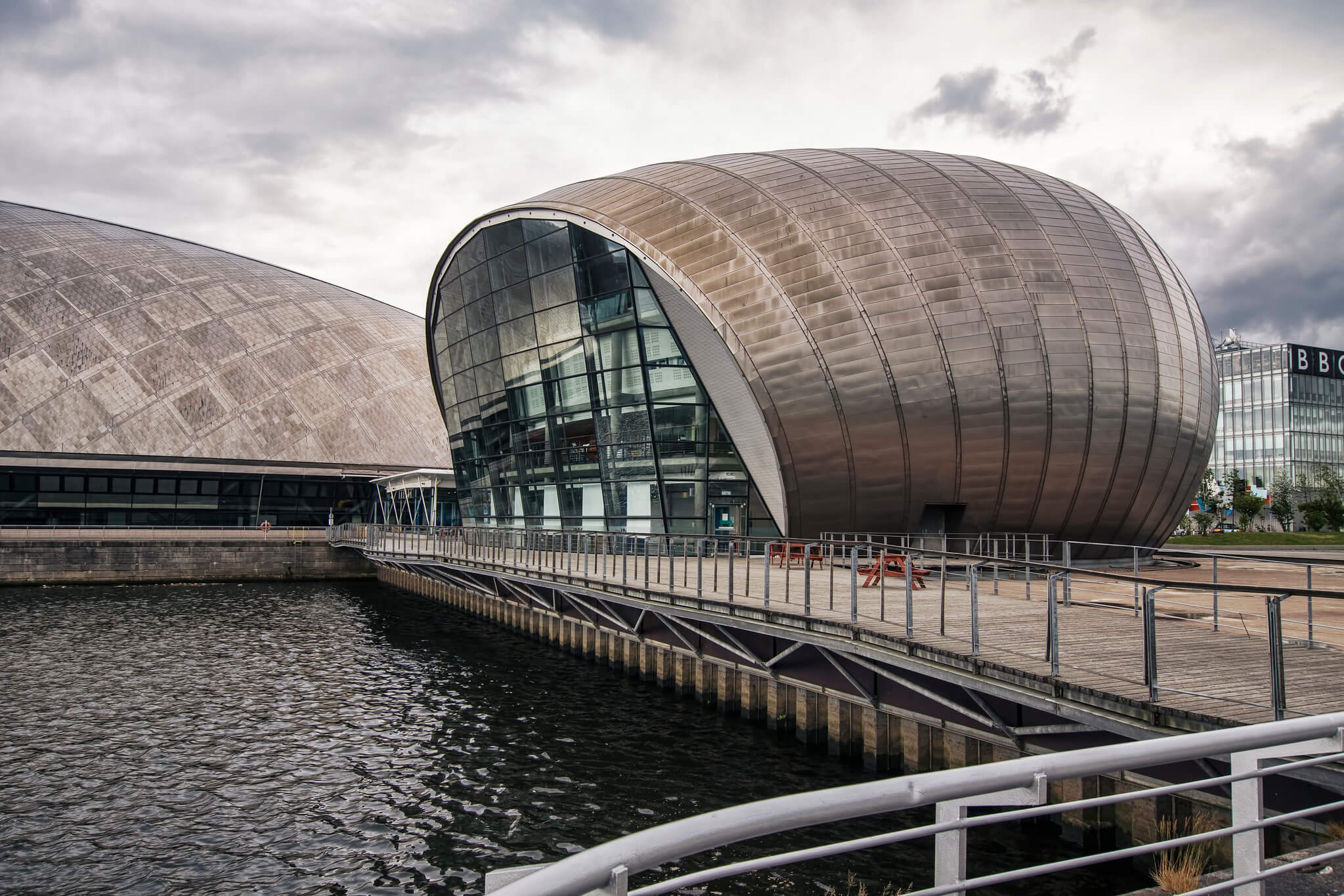We must once again confess; the UK’s cultural sector has made a head start on sustainability. After galleries (see the article on the carbon footprint of galleries in our last Impact Arts News issue), it’s now the turn of museums to accelerate their ecological transition.
Eight amongst 256 proposals have just been selected to radically rethink and re-conceive museums as actors in the fight against climate change, as part of the international design and ideas competition “Re-imagining museums for climate action” launched last May by the UK Arts and Humanities Research Council Heritage Priority Area team and Glasgow Science Centre.
Among these eight astonishing and often disruptive proposals – both on the design of the building, as well as its contents and uses – we will keep with us the suggestion to confer museum status on forests inhabited by indigineous peoples, as well as the reinvention of a transport museum offering a whole new vision for travel.
Coming from designers, architects, artists, poets, academics and museum professionals from around the world, these ideas will be on display at the upcoming United Nations Climate Conference of the Parties (COP26) that will be held in Glasgow in 2021. The aim is to take advantage of this global climate meeting to debate and accelerate the role of museums in the fight against global warming.
Also underway in the cultural sector of the United Kingdom, the Arts Council of England is launching a new program called Spotlight, as part its sustainable development policy for the 800 national cultural organizations it supports. Drawing upon the expertise of Julie’s Bicycle, Spotlight is committed to supporting thirty institutions until 2022, helping to reduce energy consumption within their buildings. Among them are the Serpentine Galleries, Tyne & Wear Archives & Museums and the University of Oxford museums. Over the long term, Spotlight’s goal is to replicate and adapt this good practice across the Arts Council’s portfolio of organizations.
Faustine Dehan
November 2020
Crédit: Glasgow Science Centre, Royaume-Uni, photo: Artur Salisz – Licence CC
Find all the articles from Impact Art News n°24 – November 2020
To subscribe to Impact Art News (free): here

